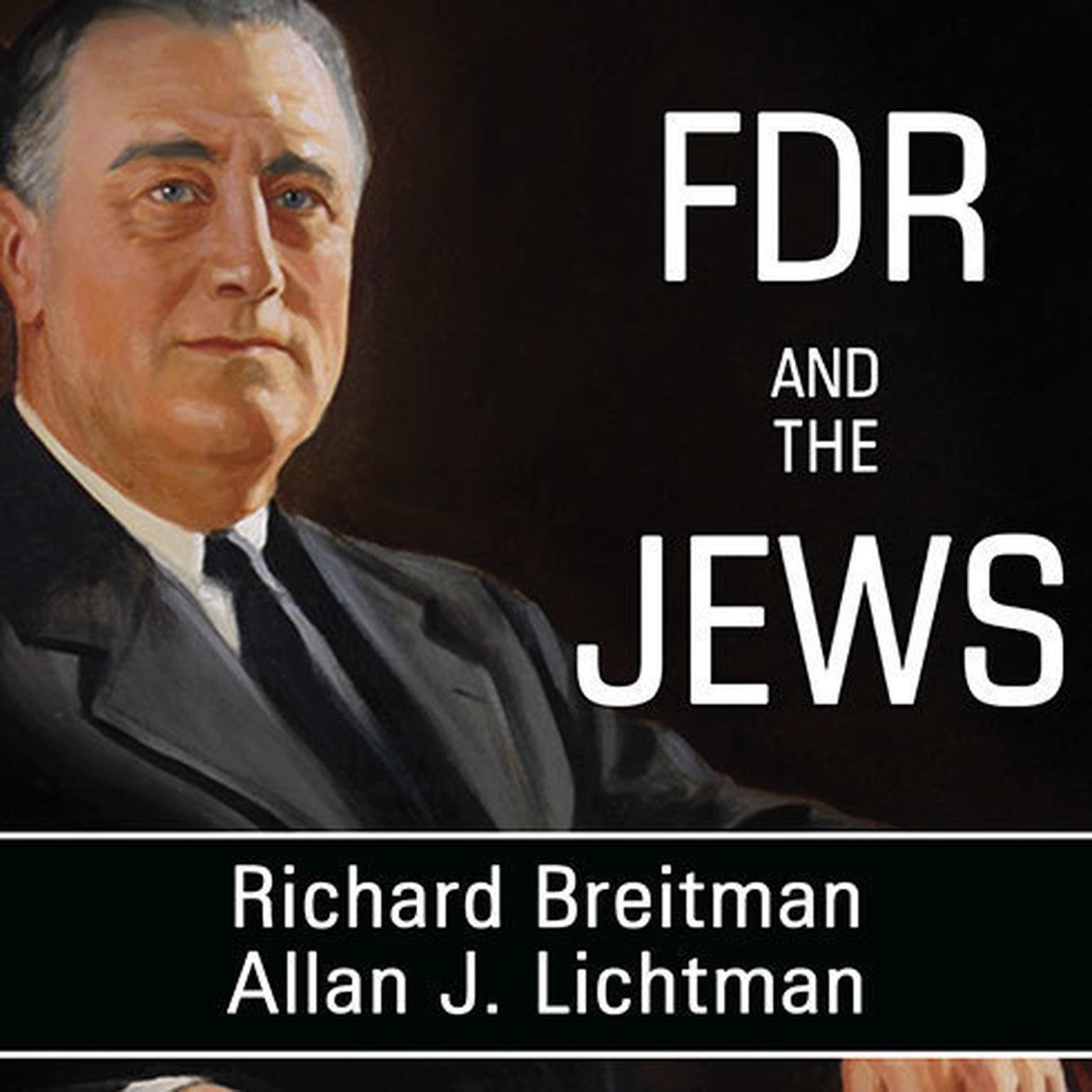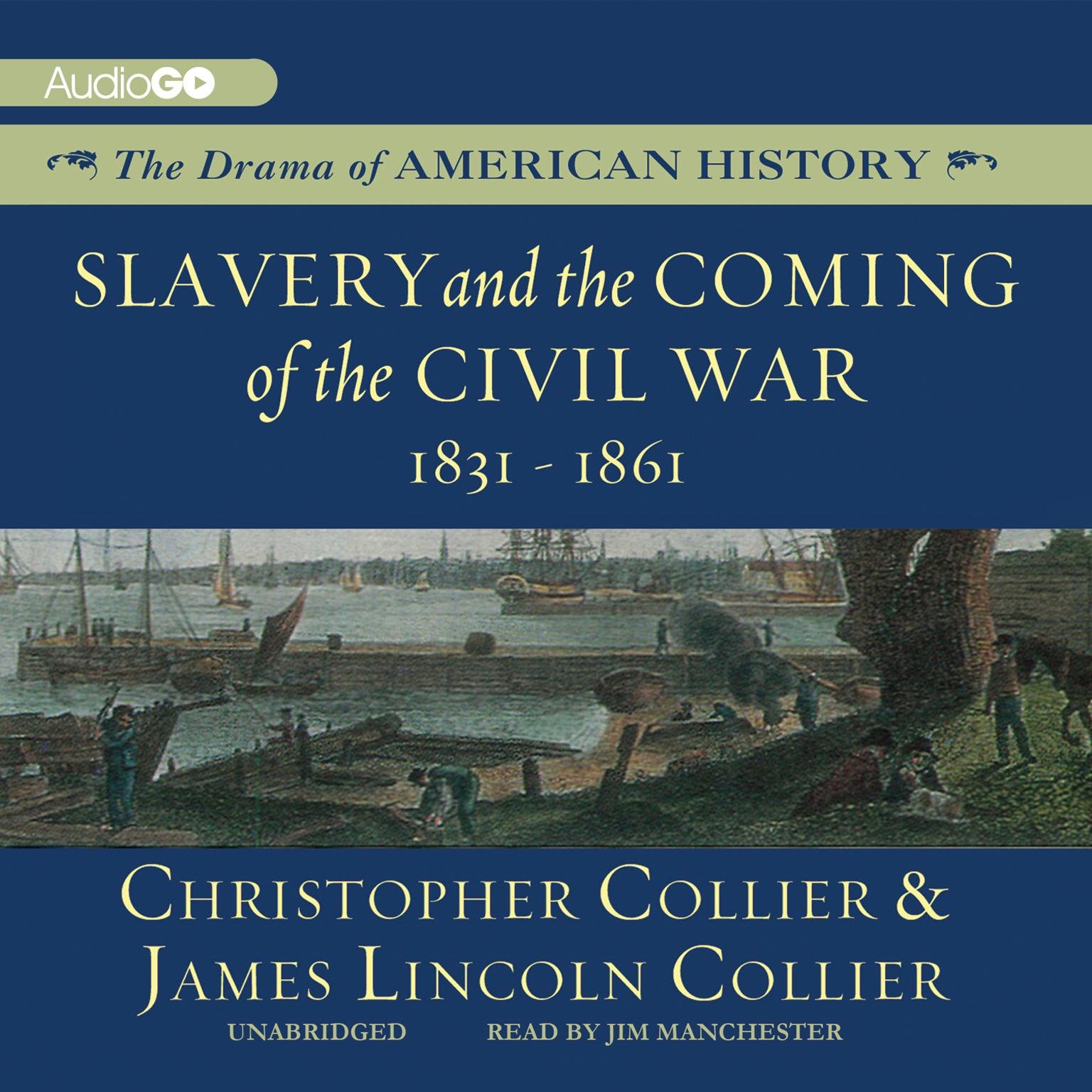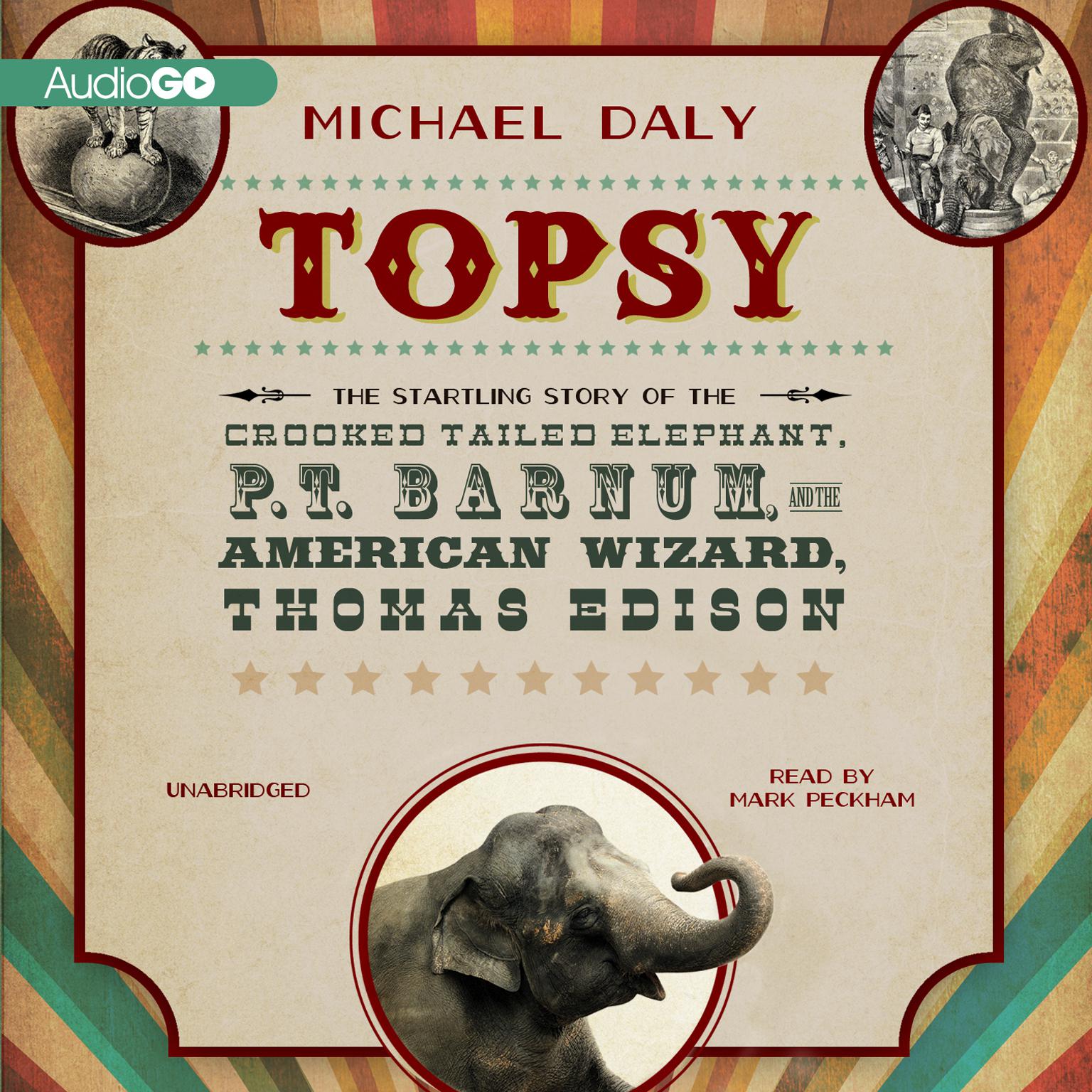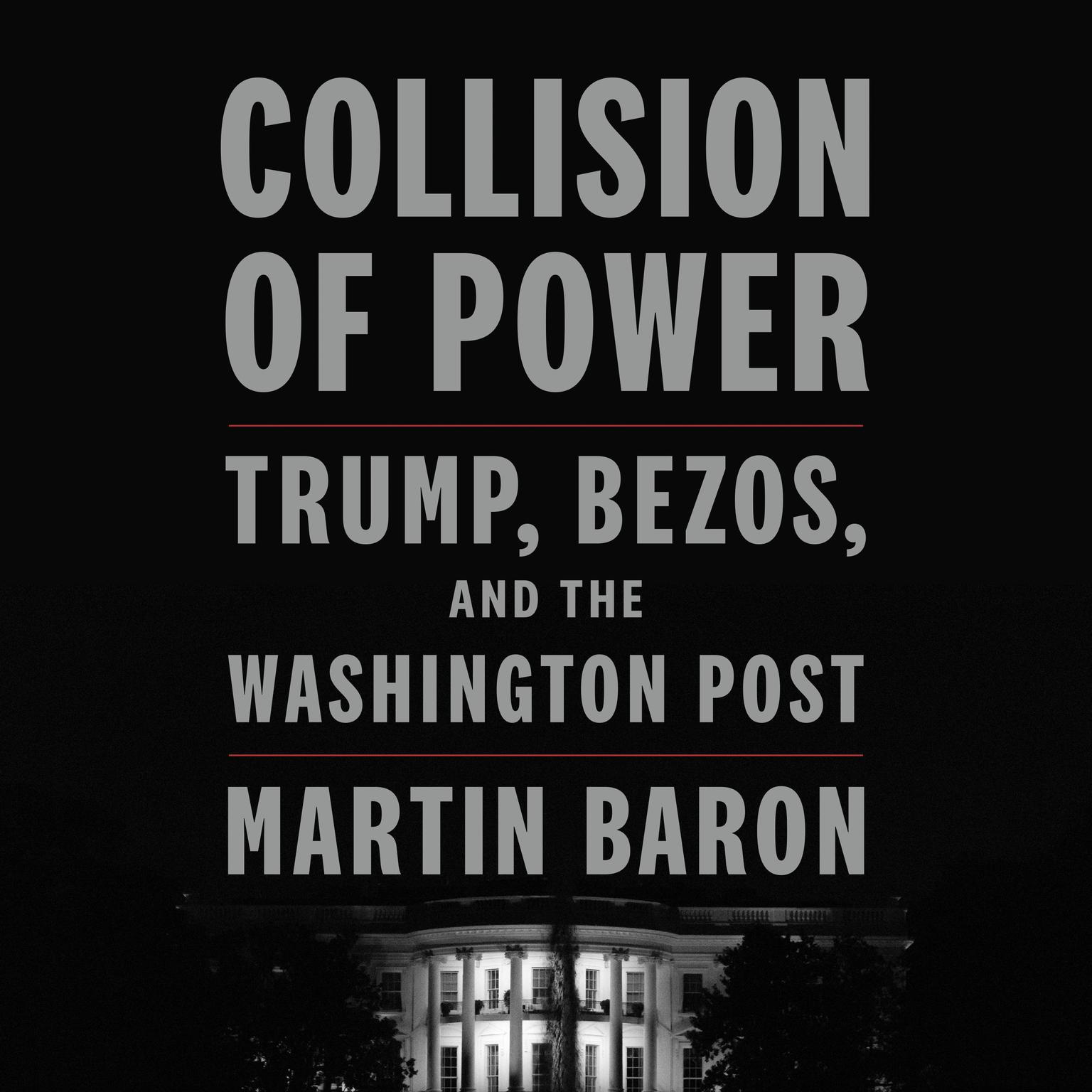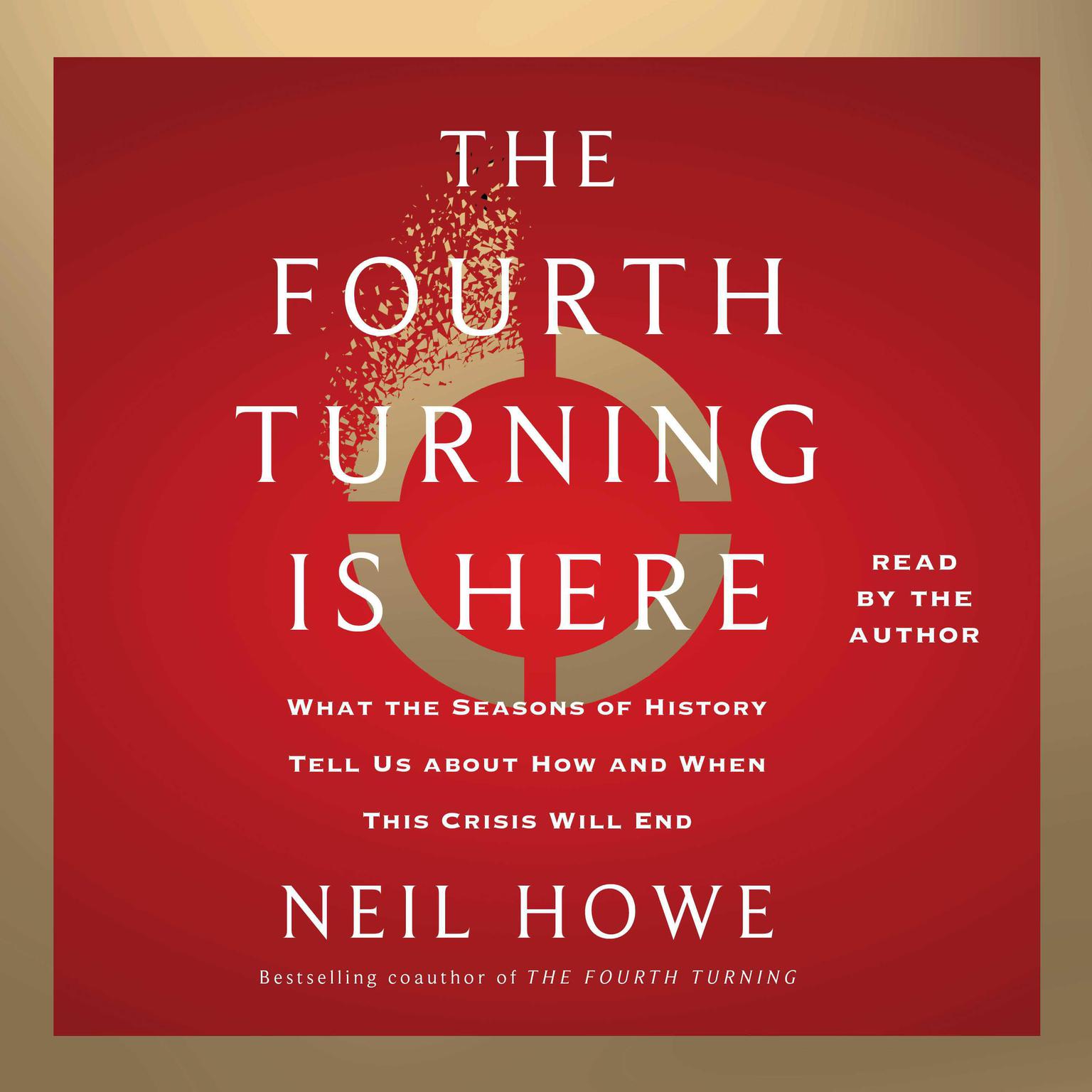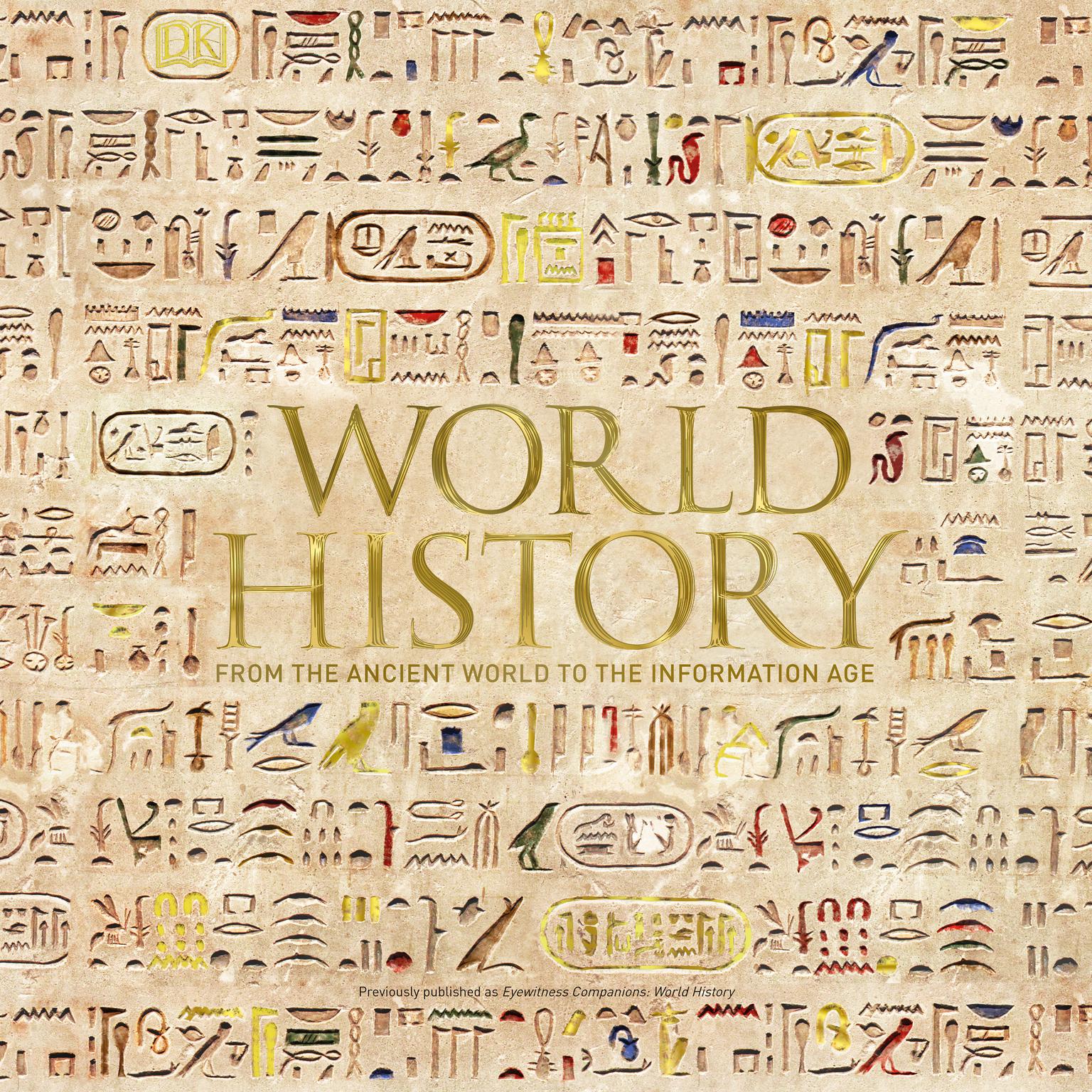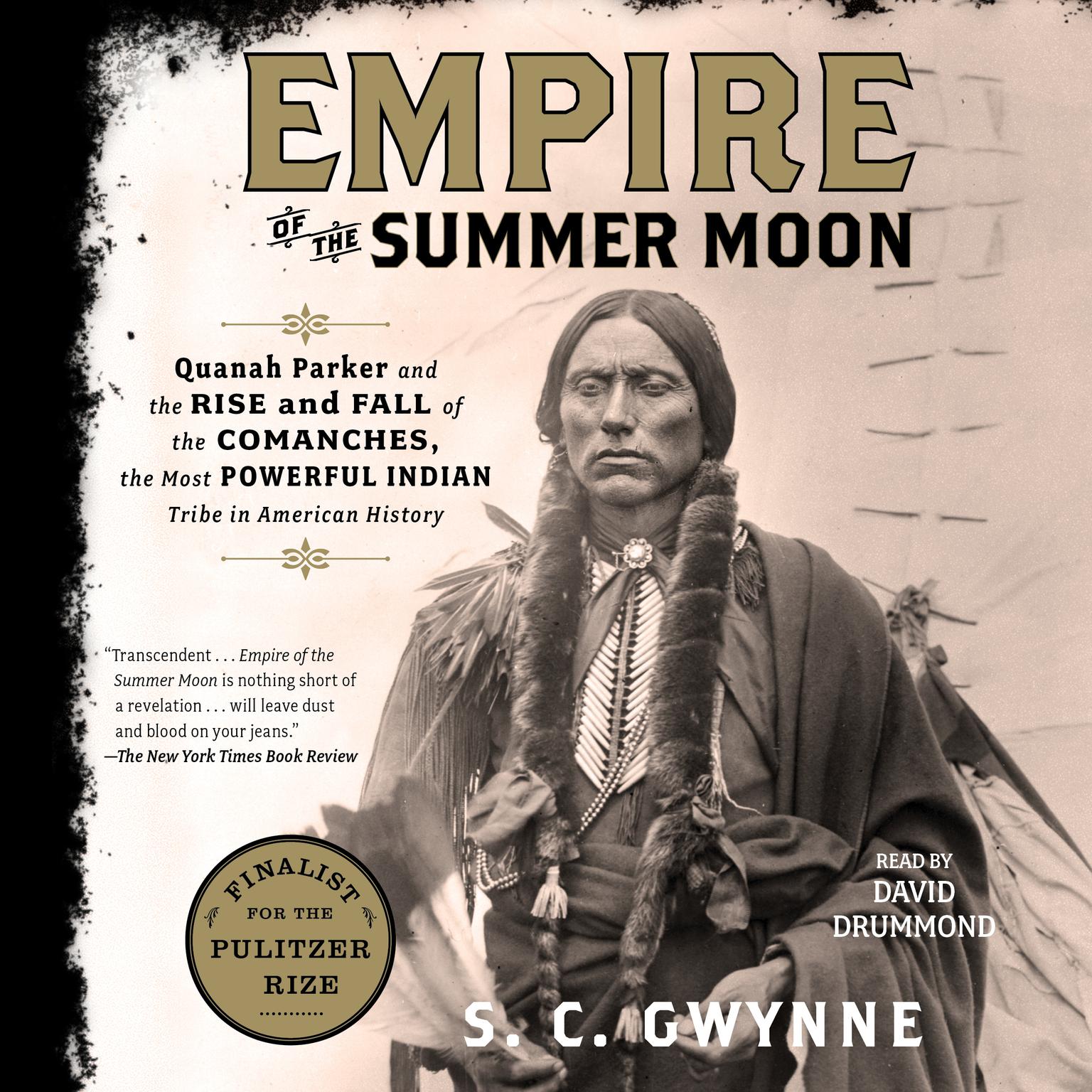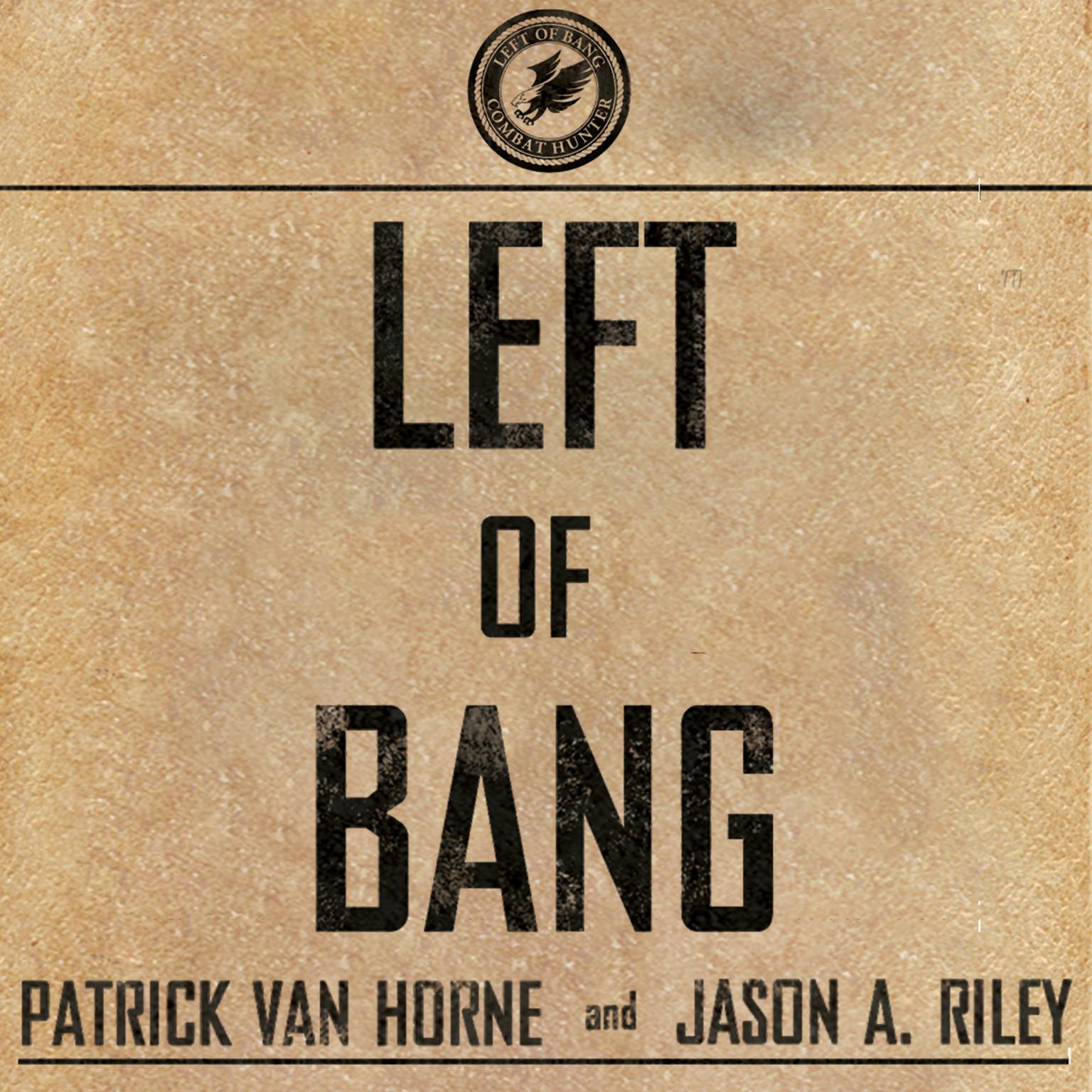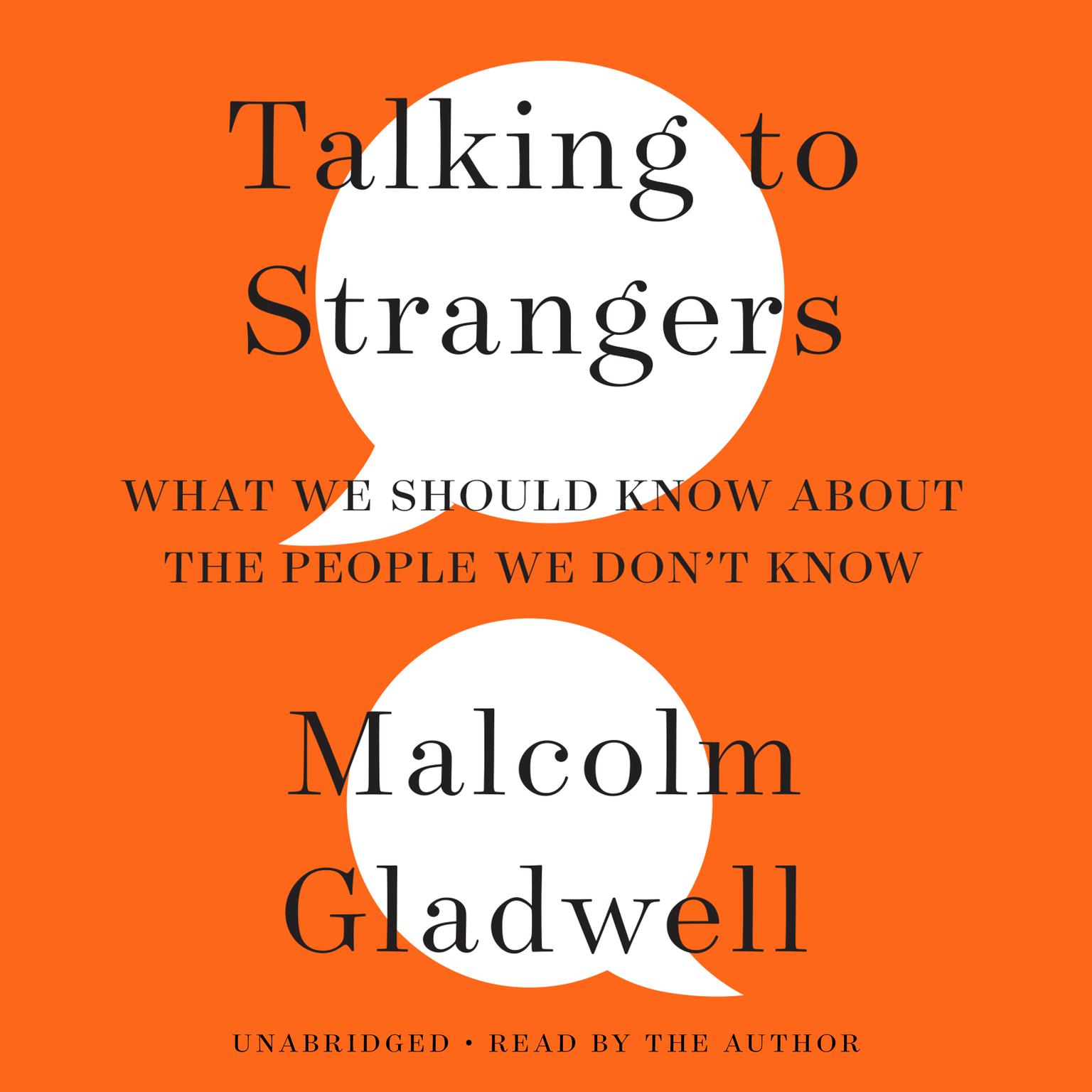Publisher Description
Nearly seventy-five years after World War II, a contentious debate lingers over whether Franklin Delano Roosevelt turned his back on the Jews of Hitler’s Europe. Defenders claim that FDR saved millions of potential victims by defeating Nazi Germany. Others revile him as morally indifferent and indict him for keeping America’s gates closed to Jewish refugees and failing to bomb Auschwitz’s gas chambers.
In an extensive examination of this impassioned debate, Richard Breitman and Allan J. Lichtman find that the president was neither savior nor bystander. In FDR and the Jews, they draw upon many new primary sources to offer an intriguing portrait of a consummate politician—compassionate but also pragmatic—struggling with opposing priorities under perilous conditions. For most of his presidency Roosevelt indeed did little to aid the imperiled Jews of Europe. He put domestic policy priorities ahead of helping Jews and deferred to others’ fears of an anti-Semitic backlash. Yet he also acted decisively at times to rescue Jews, often withstanding contrary pressures from his advisers and the American public. Even Jewish citizens who petitioned the president could not agree on how best to aid their coreligionists abroad.
Though his actions may seem inadequate in retrospect, the authors bring to light a concerned leader whose efforts on behalf of Jews were far greater than those of any other world figure. His moral position was tempered by the political realities of depression and war, a conflict all too familiar to American politicians in the twenty-first century.
Download and start listening now!
“Sadly, Roosevelt left behind a rather thin paper trail. He didn’t write a memoir or record many White House conversations, and he refused to allow note-taking at his personal meetings. To fill this gap, Breitman and Lichtman have combed the archives of the leading players who did write down their thoughts and recollections, and the result is quite impressive. Even those who disagree with the book’s conclusions must acknowledge the mountain of research on which they rest…The authors rightly note the squeamishness of America’s modern presidents in dealing with genocide…Historically speaking, Roosevelt comes off rather well…[An] eminently sensible book.”
—
New York Times Book Review
